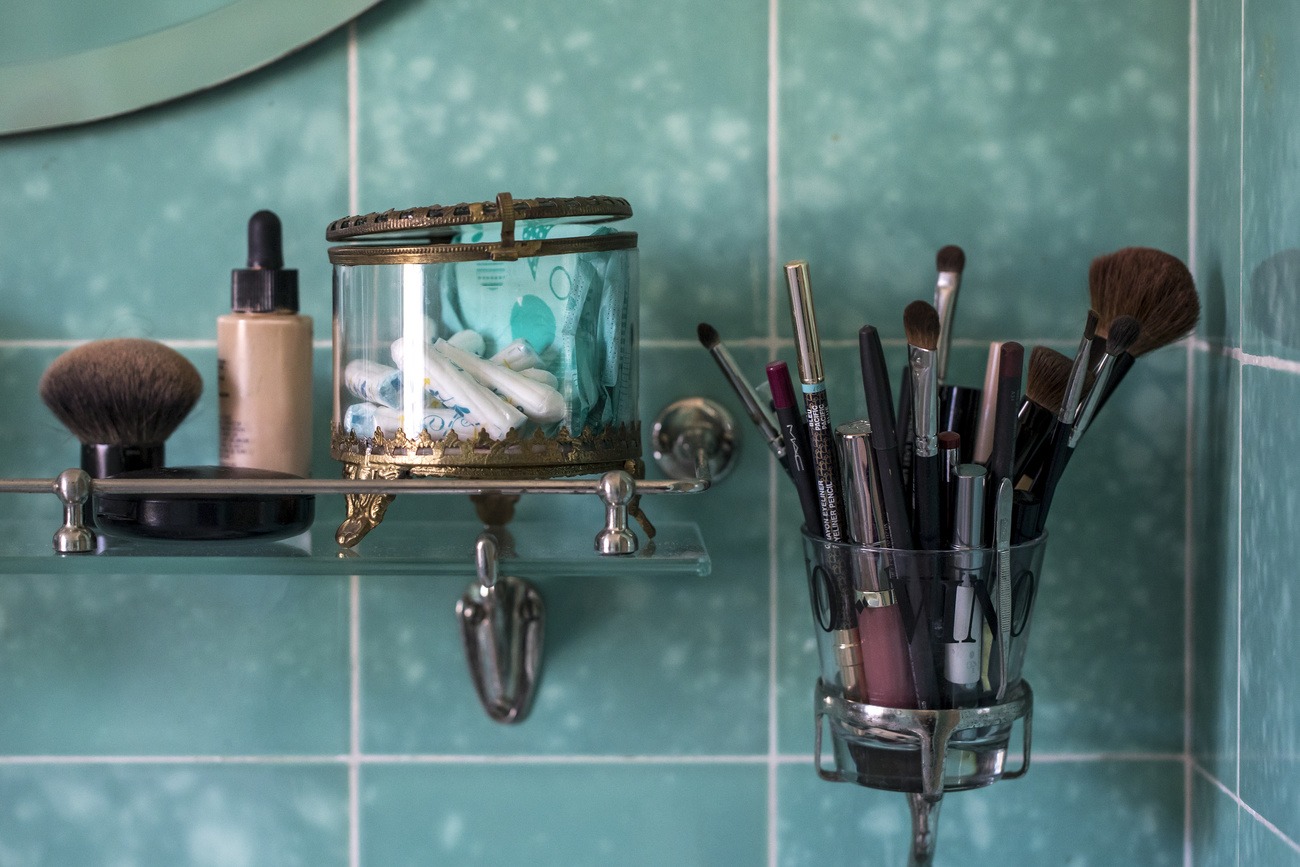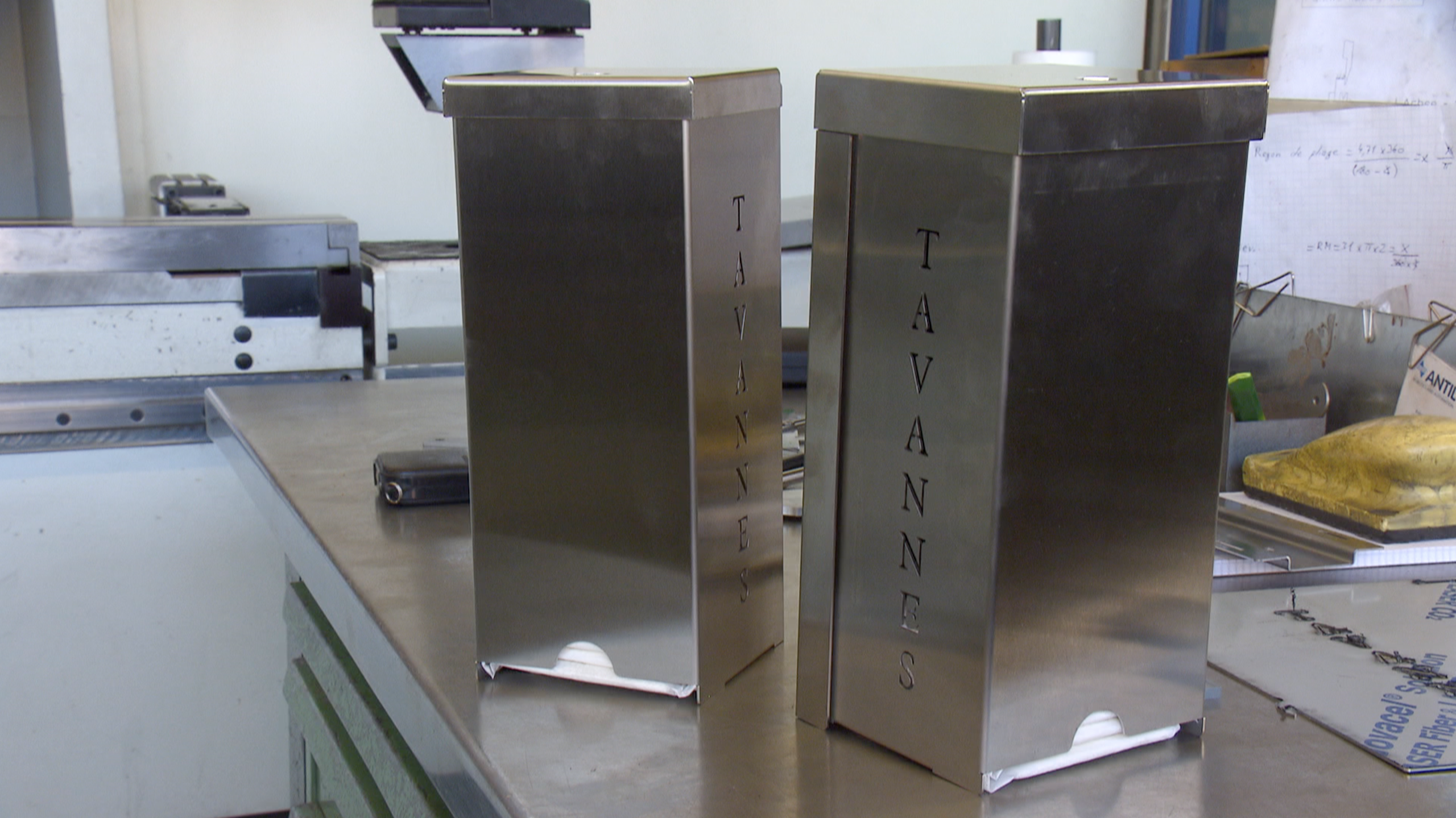Explainer: Swiss city breaks taboo of menstrual leave

The city of Fribourg this week became the first municipality in Switzerland to introduce menstrual leave for its employees. The country has now entered a global debate on health in the workplace that seeks to break a long-held taboo.
The new rule in Fribourg, located in western Switzerland between Bern and Lausanne, will allow municipal workers with painful periods to take up to three days’ leave each menstrual cycle without having to show a medical note. It was approved by a large majority in the city council – 49 versus 13 who opposed and 13 who abstained.
The decision is unprecedented in Switzerland, which traditionally has preferred to keep “private” matters, such as childcare, firmly in the private realm, and considering that menstrual leave was a little-known concept here just a few years ago.
Why a leave for menstrual pain?
The left-leaning politicians behind the Fribourg proposal say they wanted to shed light on the impact that dysmenorrhea, or menstrual cramps, can have on sufferers’ work lives.
“It’s fundamental to be able to say that I’m ill because of my period, and to consider this as a legitimate reason to be absent,” said Green Party councillor Laura Zahnd, quoted in the newspaper Le MatinExternal link. “At the moment people who menstruate are supposed to come to work even when they’re not feeling well”.
Some people suffer from abundant periods that can be debilitating, Nicola Pluchino, a gynecologist at the Vaud University Hospital Centre, explainedExternal link in Le Temps last year. “For them work life can become impossible,” he said, “and they find it really difficult to make themselves heard by their colleagues or boss.” Roughly one in ten women of reproductive age suffers from endometriosisExternal link, a disease that can cause severe pelvic pain, especially during menstruation.

More
Fighting for free sanitary products in schools
If people are absent regularly for short periods because of menstrual pain, an employer may start asking questions, said Aline Bœuf, author of the book Briser le tabou des règles (Breaking the period taboo), quoted in Le Temps. “A menstrual leave could solve this problem,” said the sociologist.
Why are some opposed to menstrual leave?
Fribourg politicians on the right argued that medical leave in the workplace was enough to cover the need for days off – city workers can already take up to three sick days without a doctor’s note. They had called instead for a public awareness campaign on gynecological illnesses, Swiss public radio RTS reportedExternal link.
If menstrual leave becomes widespread, it will be “an additional label” that women have to carry, especially in the private sector, warned councillor Océane Gex of the centre-right Radical-Liberal Party on RTS. Women, she said, already faced workplace discrimination because they bear children, for example.

More
Mothers face double-edged sword in Swiss workplace culture
Two women who suffer from endometriosis voiced similar concerns to Le Temps: they believe society may not yet be ready to accept menstrual leave. “I’m afraid that it will make some bosses even more reluctant to hire women,” one of them said. “It also shouldn’t force certain women to talk about it if they don’t want to.”
How far have Switzerland and other countries come on the issue?
Just a few years ago, menstrual leave was considered a “niche” topic in Switzerland, Boeuf toldExternal link the Swiss magazine Femina. People really began to talk about it when the Spanish parliament was debating legislation on the subject in 2022. Before the year was out, the city of Zurich had decided to launch a pilot project offering between one and five days of paid leave to municipal workers suffering from “strong and regular” menstrual pain.
The pilot inspired one local councillor in Lausanne, Audrey Petoud, to submit a proposal for a similar experiment in her city.
The results of the Zurich project are not yet known. But Marco Taddei of the Swiss employers’ union said the project would help to take stock of the situation. “Employers, who are often men, need to become aware of this issue – it’s a good thing to be talking about it,” he told Le Temps.
In the meantime, Spain has become the first country in Europe to introduce menstrual leave. In February 2023 parliament passedExternal link a bill to allow those suffering from painful menstruation to take up to five days of paid leave with a doctor’s note.

France is discussing similar legislation; there, a few private companies, such as the retail giant Carrefour, already offer menstrual leave. A bid to introduce leave in Italy failed in 2017. On the African continent, since 2015 people in Zambia can take one day off per period without a doctor’s note.
In Switzerland, said Boeuf, people are now asking earnest questions about the concept – will women even want to take this leave?
“I have the impression that 10, 20 years ago, we were asking the same thing about maternity leave,” she said. “Women were scared for their careers.” Paid maternity leave in Switzerland was introduced in 2005 and, at 14 weeks long, is one of the shortest in the developed world.
But times have changed, the sociologist added: it’s no longer considered appropriate for prospective employers to ask women if they plan to have children. And in time, Boeuf said, the thinking on menstruation will change and it will be inappropriate to ask a job candidate if they will have to take time off because of painful periods.
Interestingly the draft Spanish bill included a provision – ultimately axed from the final version – to eliminate or reduce the sales tax on feminine hygiene products. So-called “period poverty” is another source of debate in many countries, including Switzerland, where reducing tax on these products is the subject of parliamentary discussions.
Where did the concept of menstrual leave originate?
In 1922, the Soviet Union introducedExternal link a paid menstrual leave of two-three days a month geared at women factory workers. The policy was later scrapped but it’s unclear when, say researchers at the University of Sydney in Australia.
The other pioneers can be found in Asia. Japan has had a one-day menstrual leave in place since 1947. Both Indonesia and South Korea introduced it in the 1950s – two paid days a month in the former and one day, paid or unpaid, in the latter. In Taiwan, people can take up to three days a year paid at half their salary.
Edited by Balz Rigendinger

More
Why are Swiss mums assumed to be ‘stay-at-home’?

In compliance with the JTI standards
More: SWI swissinfo.ch certified by the Journalism Trust Initiative









You can find an overview of ongoing debates with our journalists here . Please join us!
If you want to start a conversation about a topic raised in this article or want to report factual errors, email us at english@swissinfo.ch.